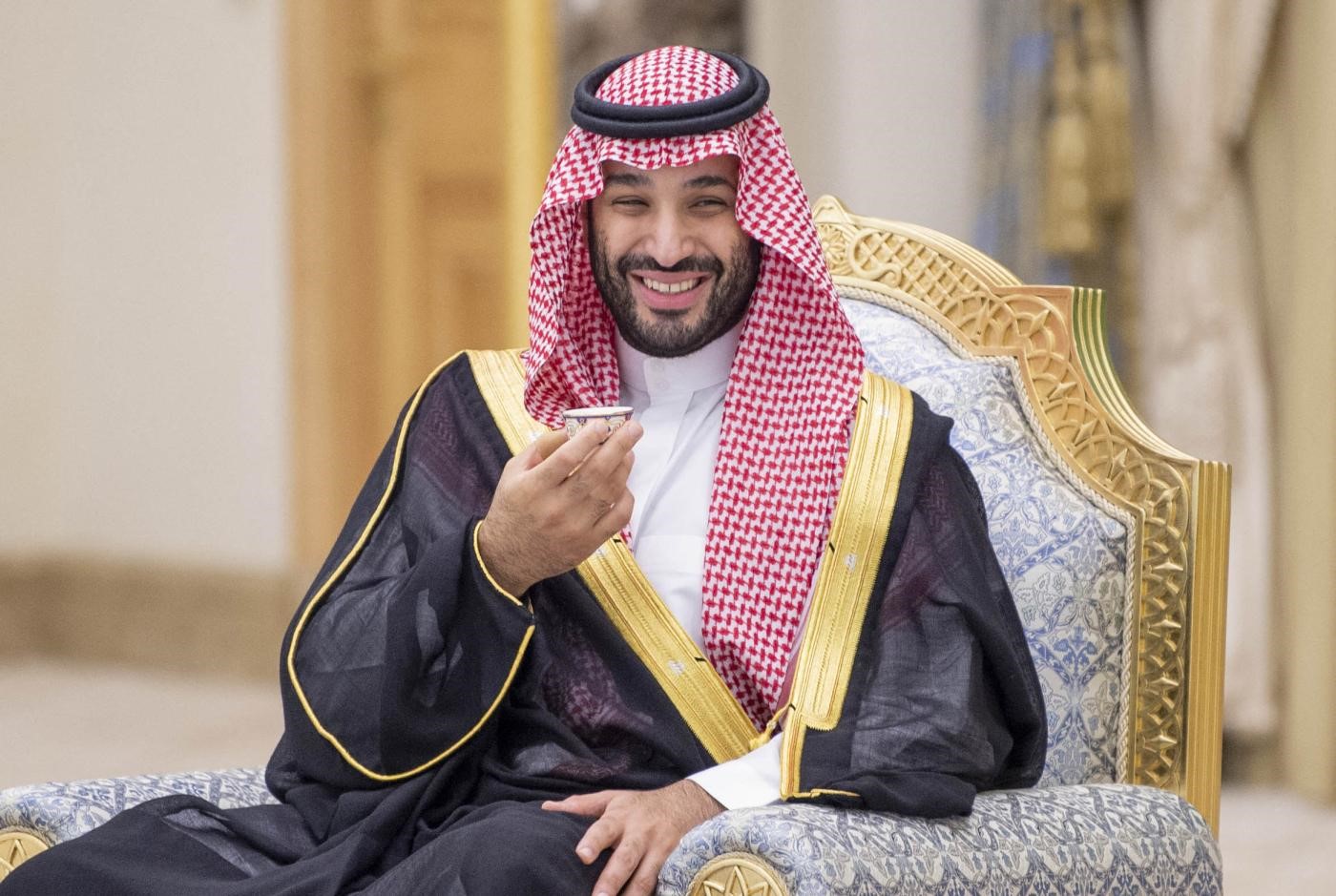In a historic turn of events, Lebanon has elected a new president after a prolonged political vacuum, signaling a potential watershed moment for the Middle East. According to the reports of Leaders team, the election, widely seen as influenced by Saudi Arabia’s diplomatic efforts, marks a significant step toward restoring stability in a country grappling with an unprecedented economic and political crisis. The newly elected president, whose candidacy was reportedly backed by Saudi-led negotiations, faces the monumental task of uniting a fractured political landscape. The move is being hailed as a victory for regional diplomacy, with Saudi Arabia playing a pivotal role in bringing Lebanon’s rival factions to the table. Regional Implications As per the sources of Leaders team, Saudi Arabia’s involvement in the process underscores its growing influence in reshaping the Middle Eastern political order. Analysts believe the election could set a precedent for greater collaboration between Gulf states and crisis-stricken nations in the region. “The election is a ray of hope not just for Lebanon but for the entire region,” said a political analyst in Beirut. “Saudi Arabia’s engagement could redefine its role as a stabilizing force in Middle Eastern politics.” Challenges Ahead Despite this breakthrough, Lebanon’s challenges remain immense. The country’s new leadership will need to address hyperinflation, restore public trust in governance, and work toward economic recovery, all while navigating Lebanon’s deeply entrenched sectarian divides. International observers have also pointed out that the success of this presidency will depend on sustained cooperation from regional and global powers. Global Reactions The election has been welcomed by key international players, including the United Nations, which […]












